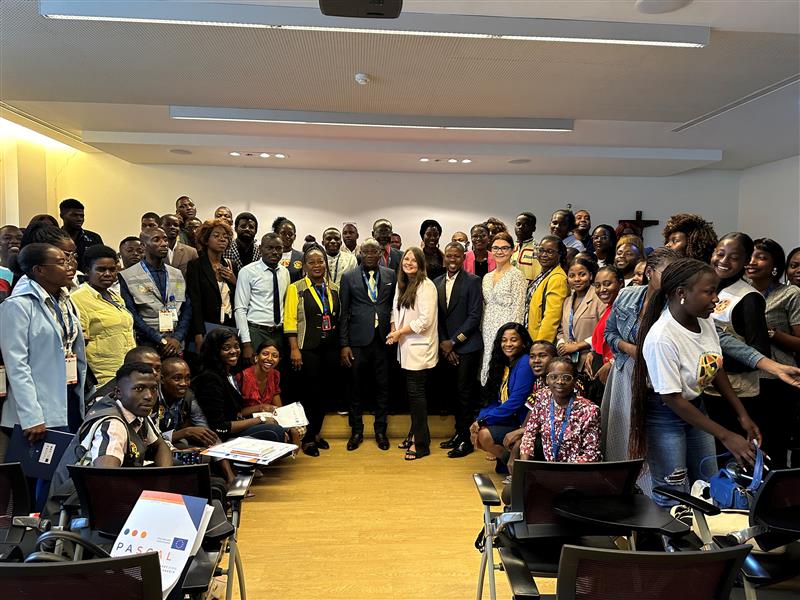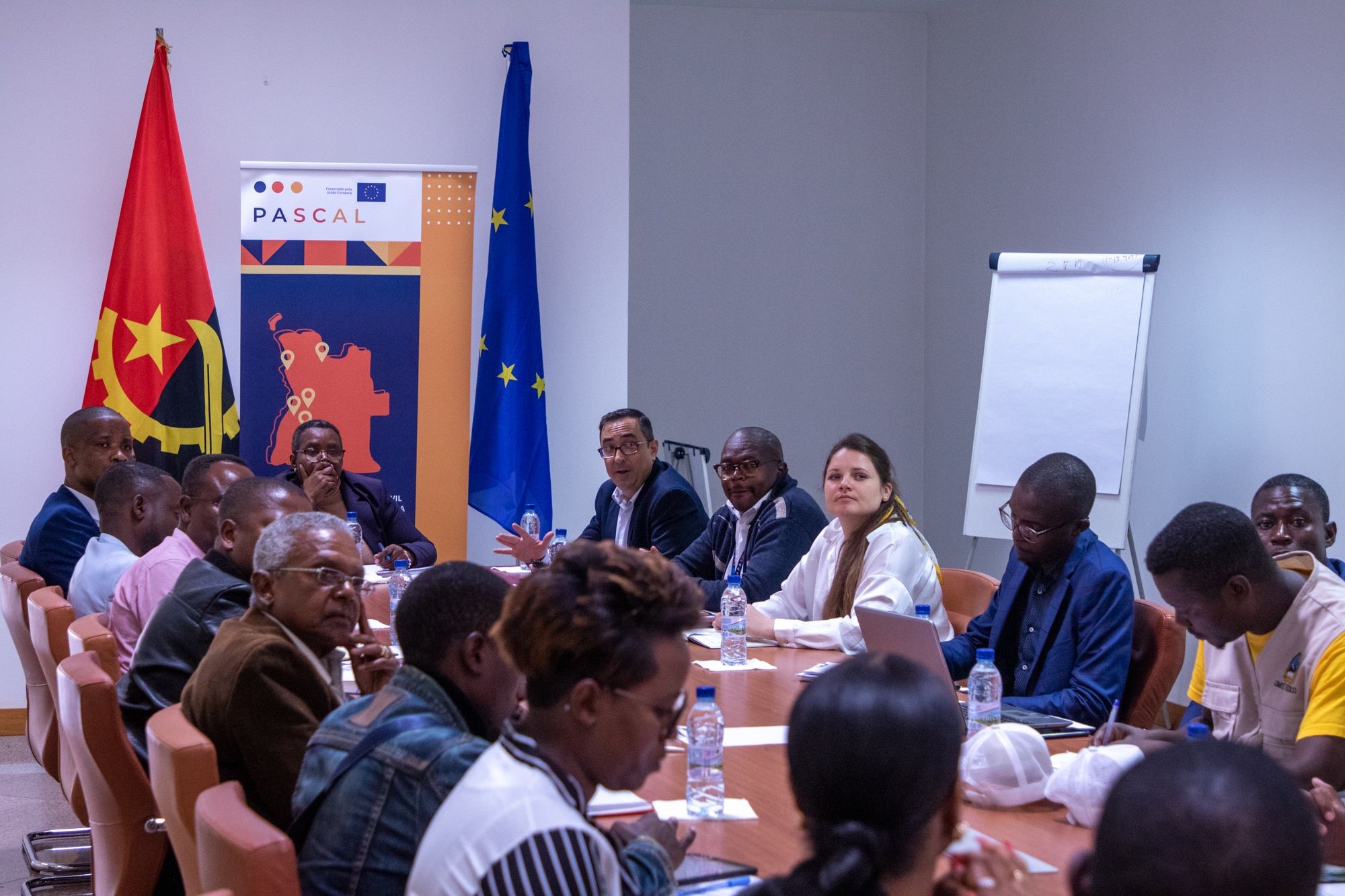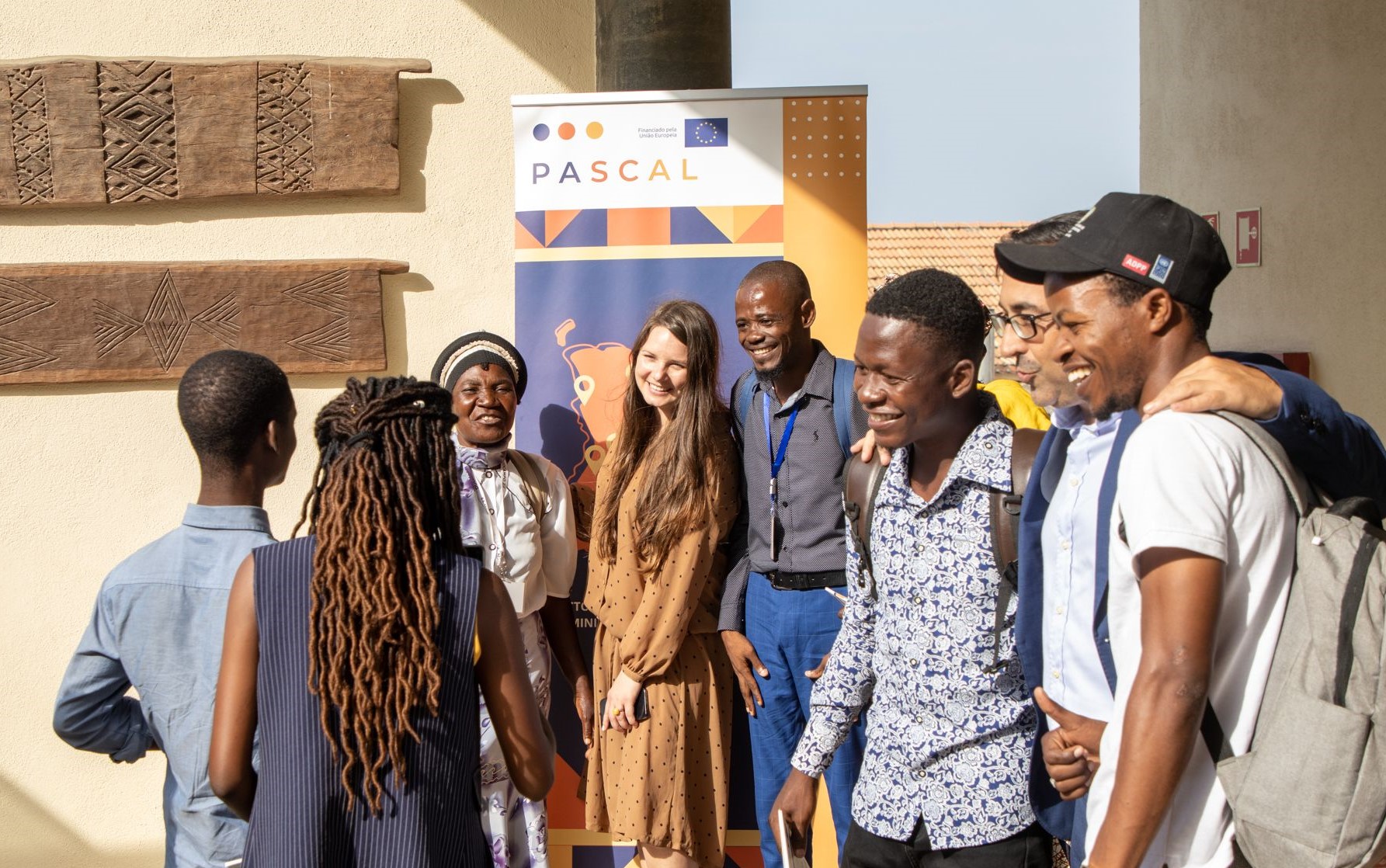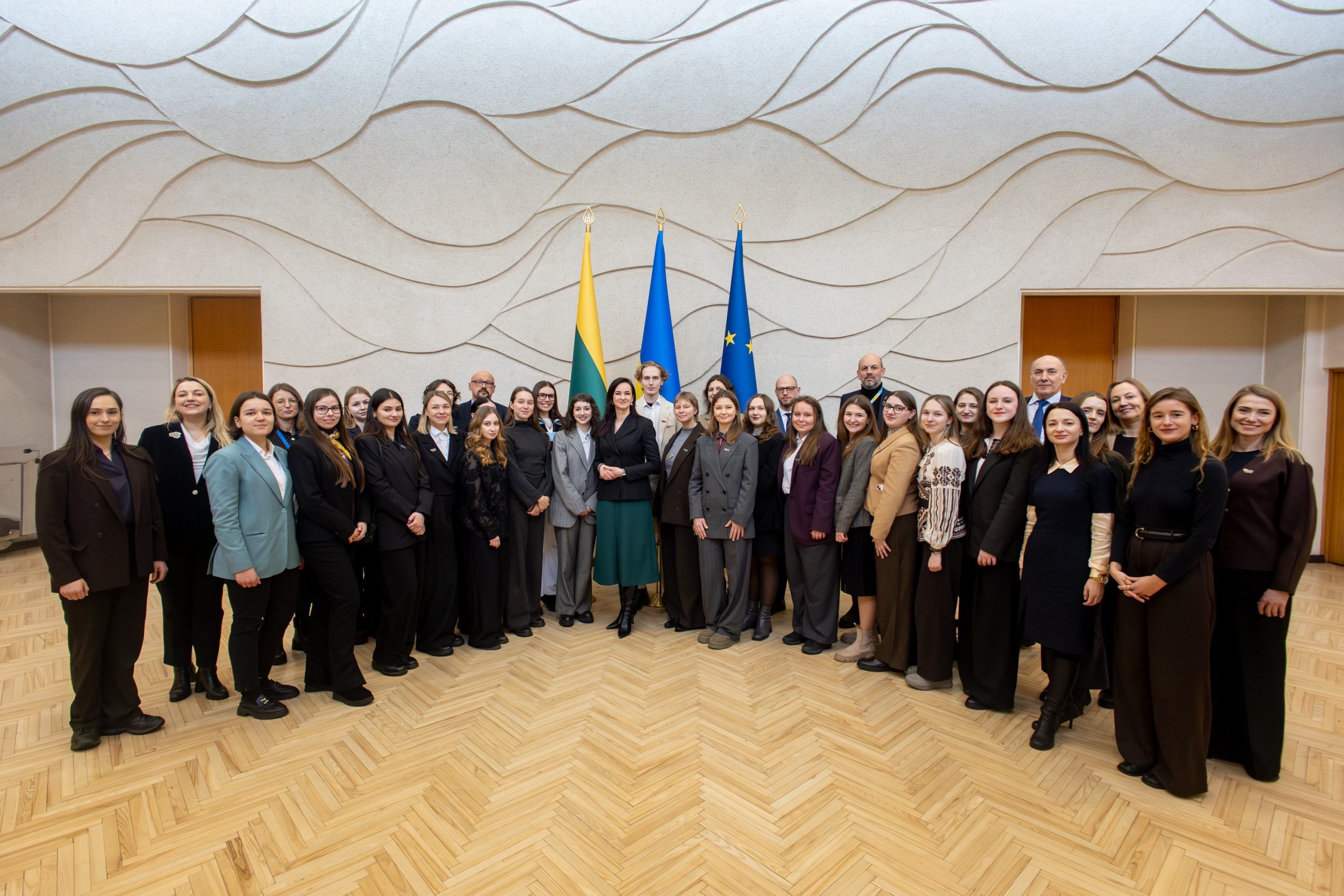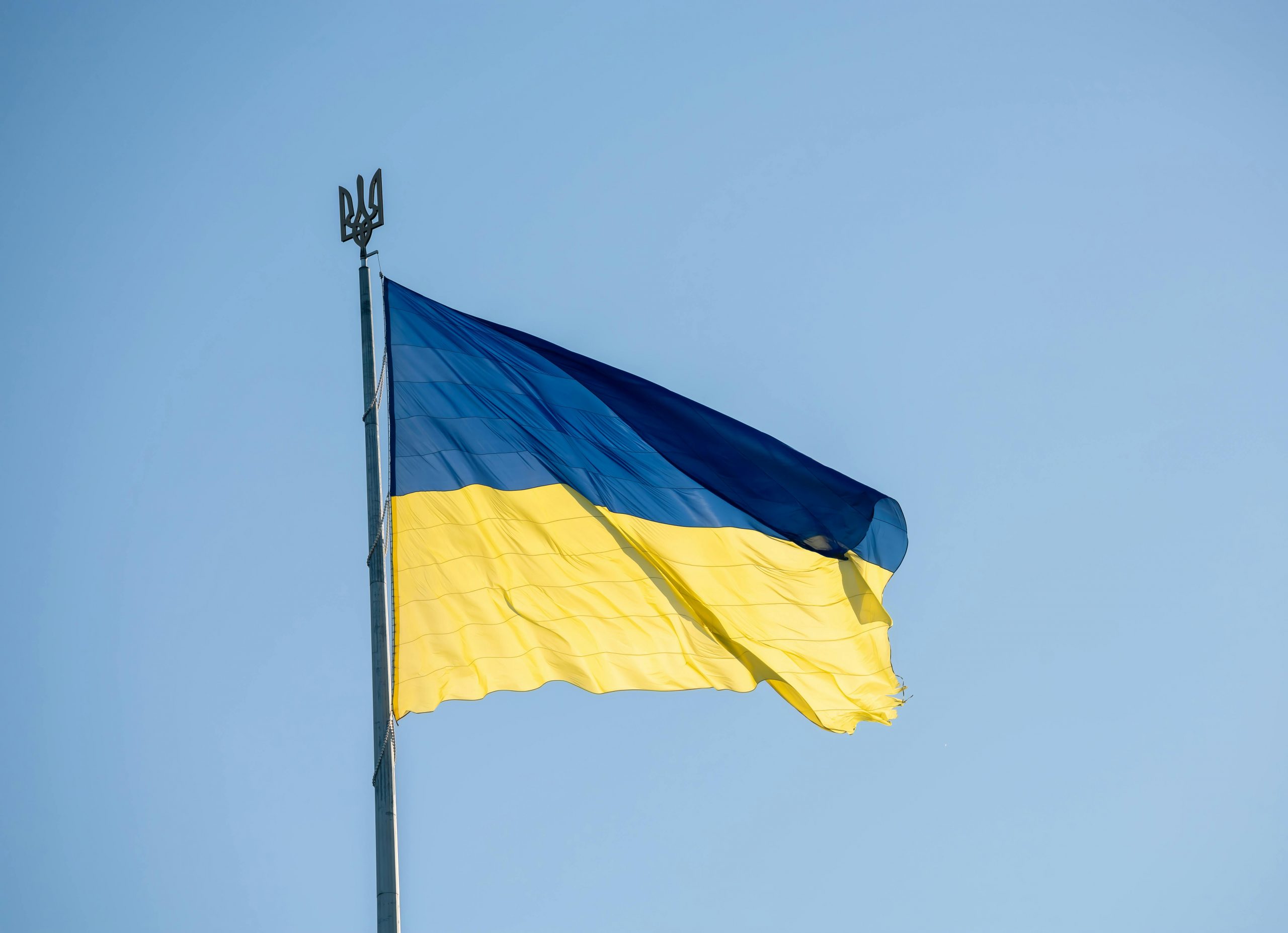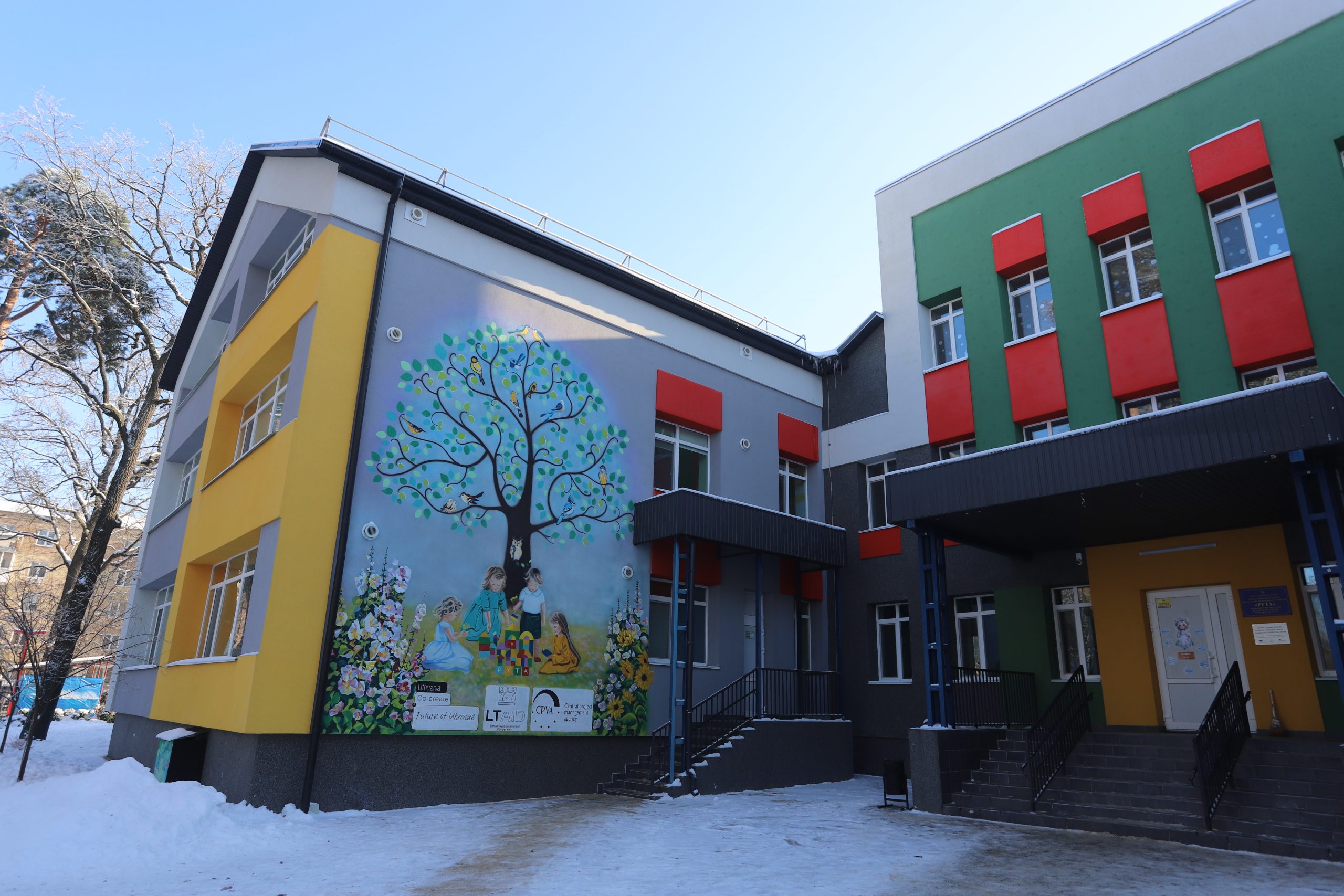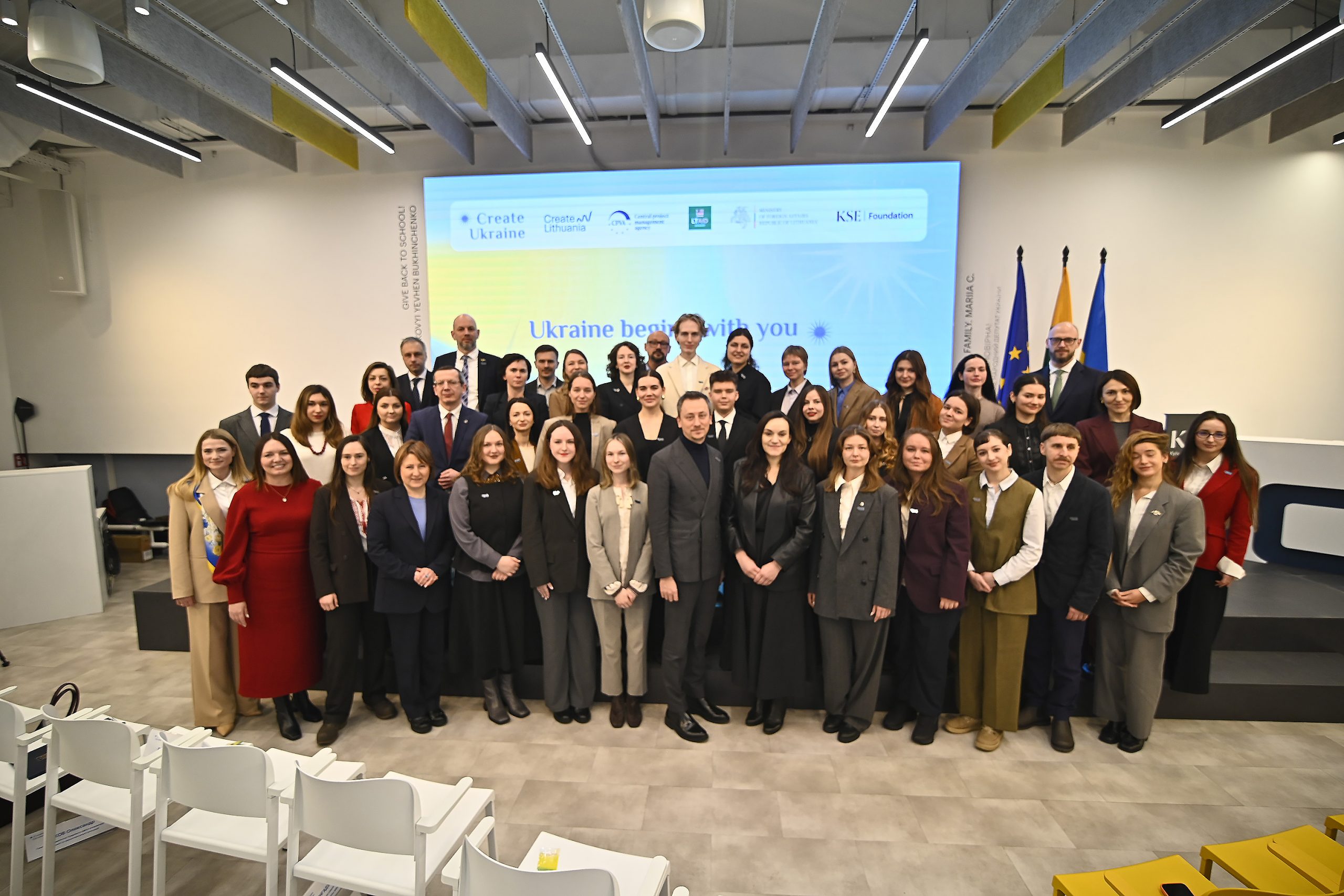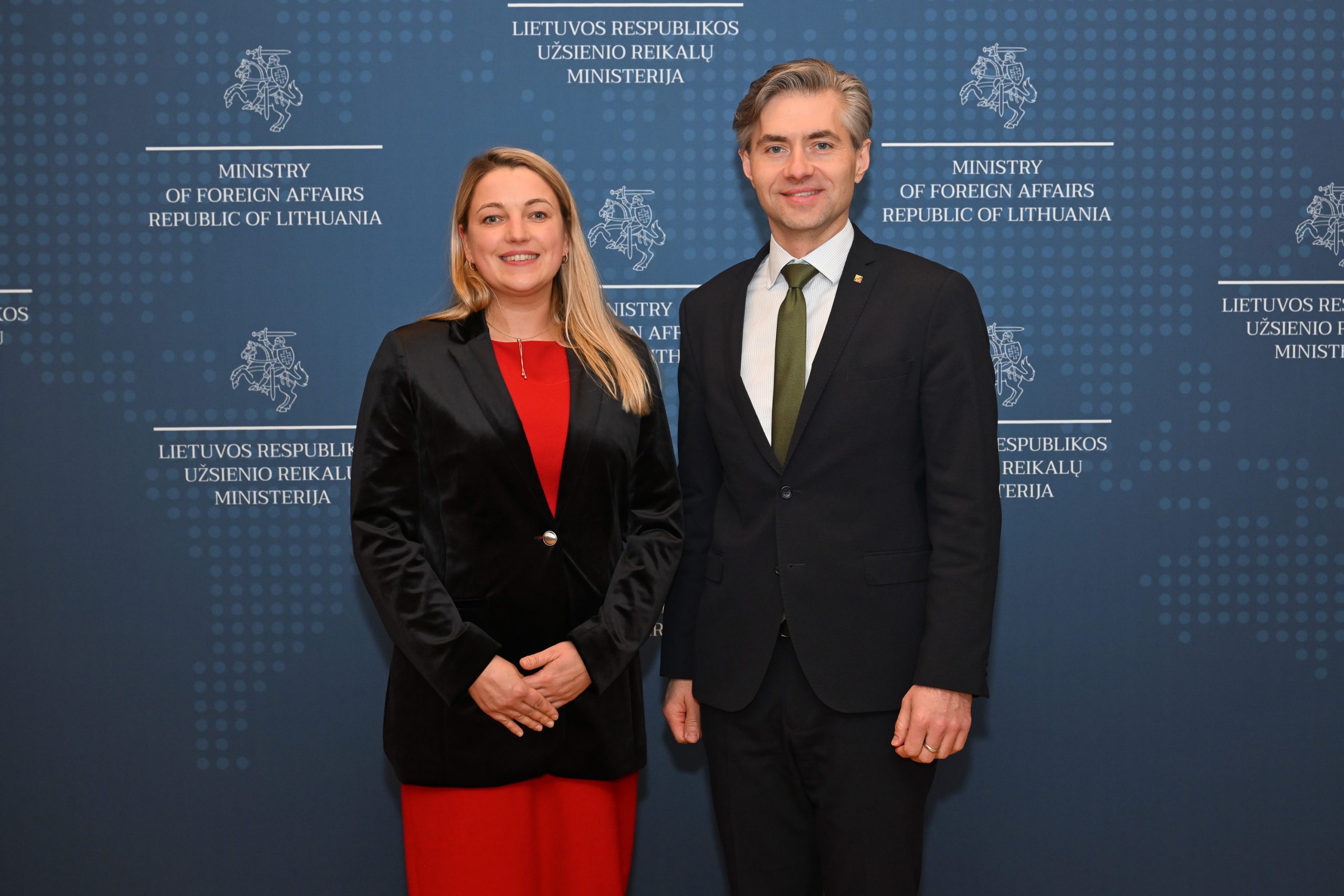In Angola, located on the southwest coast of Africa—where many citizens still lack personal identification documents and some communities do not have access to clean drinking water—discussions about elections or civil rights can be challenging. Yet, they are essential. In this context, Lithuania, in partnership with Spain, is implementing the PASCAL project to help Angola transition from a highly centralized system of governance to one where local self-government has greater decision-making power.
To mark the 10th anniversary of the Sustainable Development Agenda, the Central Project Management Agency (CPVA) is sharing stories of change to highlight how Lithuanian knowledge and expertise contribute to positive change around the world—and to remind that lasting global change is only possible when we work together.
According to project coordinator Ugnė Chmeliauskaitė, Deputy Head of CPVA’s International Development Cooperation Projects Division, the aim is straightforward: to ensure that every Angolan citizen can elect local representatives and participate in decision-making processes.
“When someone tells you they don’t even have water, it’s not easy to start talking about elections,” says Chmeliauskaitė, who has been traveling to Angola for the past four years. “But we explain that it is precisely through local government that communities can decide where the next well should be built.”
Currently, Angola is still governed in a centralized manner: the ruling party appoints representatives to municipalities at its discretion.
Furthermore, many Angolans lack personal documentation. While special ballots make voting possible, many citizens remain unconvinced about the value of participating in elections.
Lithuania’s experience as a model
What can a small nation like Lithuania offer to a distant country such as Angola? More than one might expect.
Like Lithuania several decades ago, Angola endured a prolonged period of instability—its civil war ended only in 2002. As a result, many Angolans still believe that criticism of the government could jeopardize stability or risk a return to conflict.
“When our civil society experts from Lithuania visit Angola, it feels like stepping back at least 15 years,” says Chmeliauskaitė. “We see the same challenges—rebuilding trust, encouraging open dialogue, and fostering civic participation. This shared experience is invaluable for the Angolan side.”
Strengthening cooperation between civil society and local government
A key objective of the project is to promote collaboration between civil society organizations and local authorities. One practical example is participatory budgeting, which allows citizens to decide how to allocate part of the municipal budget.
During a study visit to Lithuania, Angolan representatives met with specialists from municipalities such as Druskininkai, Kaunas, and Trakai, who demonstrated how participatory budgeting works—not only at the municipal level but also in schools. Lithuania’s digitalized participatory budget system was a revelation for Angolan participants, where such practices are entirely new.
In addition, the project has provided €1 million in grants to local NGOs in Angola, funding seven civic education initiatives, including training sessions, community forums, radio programs, a human rights festival, and theatre performances.
Reaching the most vulnerable
According to Chmeliauskaitė, inequality remains severe across much of Africa, and Angola is no exception. Wealth is concentrated among a small elite, while poverty is widespread and the middle class is almost nonexistent.
“In Angola, if someone eats once a day, that’s considered ‘getting by’. Poverty looks very different than in Europe,” Chmeliauskaitė explains. “When basic needs aren’t met, frustration and crime rise. That’s why supporting the most vulnerable is crucial.”
The project focuses especially on people with disabilities, women, and youth. It supported Angola’s first-ever disability forum, where Lithuania shared its own experience. National youth forum is also planned, as young people make up nearly two-thirds of Angola’s population yet are rarely included in decision-making processes.
Angola’s role on the global stage
Beyond its domestic needs, Angola holds strategic importance in global politics and trade. The country’s northern regions are rich in oil and diamonds, attracting interest from China, Russia, Europe, and the United States, beyond others.
“Countries have different interests here,” notes Chmeliauskaitė. “China, for example, undertakes large-scale infrastructure projects and at the same time has access to Angola’s waters—you can see Chinese fishing boats along the coast. Europe, in contrast, focuses on promoting sustainable development and improving living conditions for local communities. When people can build a decent life at home, the incentive to migrate decreases,” explains U. Chmeliauskaitė.
Global attention is also turning to the Lobito Economic Corridor—a new trade route linking Angola with Zambia and the Democratic Republic of the Congo. This corridor will facilitate exports to Europe and the Americas, opening access to Africa’s internal markets. Its strategic potential has drawn high-level visits, including the first-ever official trip to Angola by a U.S. president during Joe Biden’s administration.
Signs of Progress
Over the past four years, Angola has become more and more open to change.
“When we began the project, I was often the only woman among usually male Angolan colleagues,” recalls Chmeliauskaitė. “Now that’s changing. The creation of a national women’s network, supported by the Angolan government, to encourage female leadership in decision making positions, is already a sign of progress.”
It is expected that this momentum will continue with the launch of a new €10 million EU programme next year, aimed at promoting youth civic engagement in the Lobito Corridor.
The current EU-funded initiative, running until the end of 2025, is implemented by CPVA in partnership with the Spanish development agency FIAP. Covering five provinces of Angola, the project has a total budget of €6 million, of which more than €2.5 million is allocated to CPVA implemented activities.
